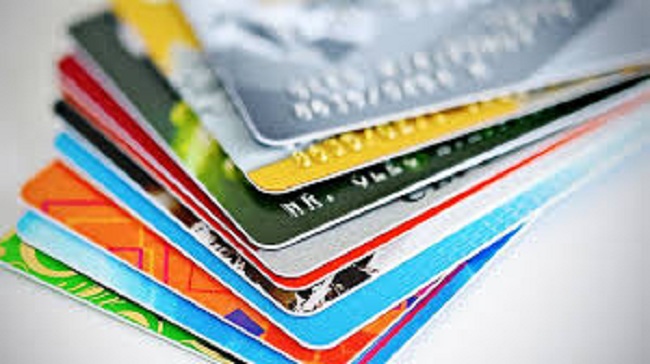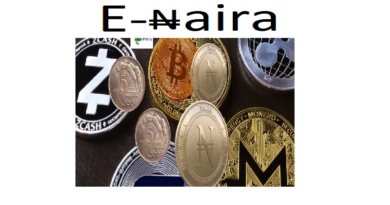Why Banks Approve Naira Debit Card Use Abroad
Why Banks Approve Naira Debit Card Use Abroad
Commercial banks have lifted the three-year moratorium on the use of naira-funded debit cards abroad as dollar liquidity increases.
Newera News learnt that a Tier-1 bank and mid-tier bank, United Bank for Africa (UBA) Plc and Wema Bank Plc, respectively, have announced the resumption of international transactions on their naira debit cards.
In separate announcements to customers, UBA and Wema Bank said the service has recommenced on their naira cards.
The development comes about three years after many banks suspended international transactions on naira debit cards due to a drop in dollar liquidity, forcing many local lenders to restrict transactions of local cards abroad.
Transactions are, however, allowed for dollar-funded cards, usually linked to cardholders’ domiciliary accounts.
But all that changed following a steady surge of forex inflows into the domestic economy.
In recent months, analysis of FX inflows in the last few months showed that Nigeria attracted $5.96 billion in monthly inflows from May 2025 to date.
Industry report showed that Nigeria’s foreign exchange market witnessed a significant boost in May, with total inflows rising by 62.0 percent month-on-month (M-o-M) to $5.96 billion, driven largely by increased participation from domestic and foreign investors.
This marked one of the highest inflow levels in recent months and signals improving market sentiment amid macroeconomic reforms and a relatively stable naira.
In an emailed note to investors, analysts at Financial Derivatives Company Limited attributed rising FX inflows to a surge in oil prices and multiple inflow channels created by the Central Bank of Nigeria.
The Central Bank of Nigeria (CBN) has, in recent months, activated multiple FX sources to increase dollar inflows, boost dollar access to manufacturers and retail end users, and support naira recovery across markets.
From moves to improve diaspora remittances through new product development, the granting licenses to new International Money Transfer Operators (IMTOs), implementing a willing buyer-willing seller FX model, and enabling timely access to naira liquidity for IMTOs, the apex bank has simplified dollar-inflow channels for authorized dealers and other players in the value chain.
In a notice to customers, the UBA said the resumption aligns with its continued commitment to providing clients with seamless and enhanced banking experiences.
“In line with our continued commitment to providing you with seamless and enhanced banking experiences, we are pleased to inform you that all UBA Premium Naira Cards, including Gold, Platinum, and World variants are now enabled for international transactions,” the bank said.
“This means you can now use your Premium Naira Card for everyday payments, online shopping, POS, and ATM transactions across the world, with more ease and flexibility.
In a notice to customers, the UBA said the resumption aligns with its continued commitment to providing clients with seamless and enhanced banking experiences.
“In line with our continued commitment to providing you with seamless and enhanced banking experiences, we are pleased to inform you that all UBA Premium Naira Cards, including Gold, Platinum, and World variants are now enabled for international transactions,” the bank said.
“This means you can now use your Premium Naira Card for everyday payments, online shopping, POS, and ATM transactions across the world, with more ease and flexibility.
In a report, the head of financial institutions ratings at Agusto & Co, Ayokunle Olubunmi, said the improved liquidity in the foreign exchange (FX) market supported banks’ decision to reactivate their naira cards for global transactions.
“The moderating premium on the parallel market transactions and the reduced arbitrage opportunities is also responsible for the decision,” he said.
Records showed that many banks, including Stanbic IBTC Bank, United Bank for Africa, Access Bank, Standard Chartered Bank Nigeria, and GTBank among others have at some point, reviewed international spending limits on naira cards, while at other times, suspended transactions on such cards, unless they are linked to dollar-funded domiciliary accounts.
Analysts said that by allowing travelers to use their Naira cards abroad, the banks are making it easy for cardholders to pay their hotel bills, make reservations, and carry out other transactions using their debit cards.




